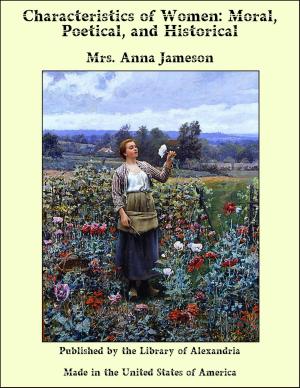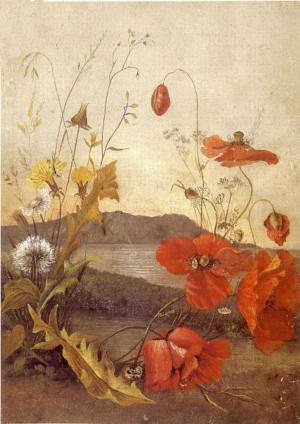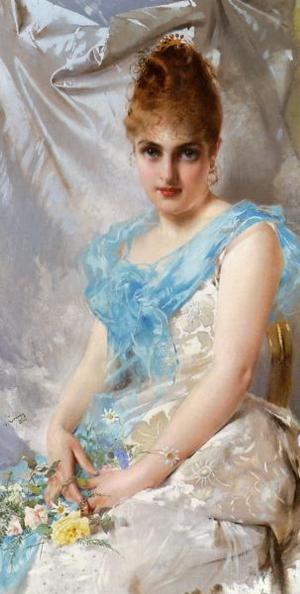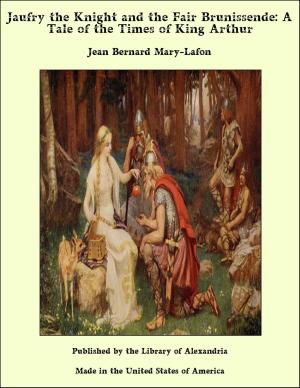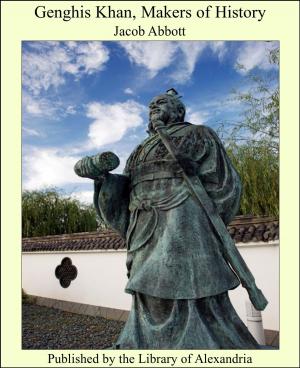The History and Romance of Crime: Oriental Prisons From the Earliest Times to the Present Day
Nonfiction, Religion & Spirituality, New Age, History, Fiction & Literature| Author: | Arthur George Frederick Griffiths | ISBN: | 9781465613981 |
| Publisher: | Library of Alexandria | Publication: | March 8, 2015 |
| Imprint: | Language: | English |
| Author: | Arthur George Frederick Griffiths |
| ISBN: | 9781465613981 |
| Publisher: | Library of Alexandria |
| Publication: | March 8, 2015 |
| Imprint: | |
| Language: | English |
It is as true of crime in the Orient as of other habits, customs and beliefs of the East, that what has descended from generation to generation and become not only a tradition but an established fact, is accepted as such by the people, who display only a passive indifference to deeds of cruelty and violence. Each country has its own peculiar classes of hereditary criminals, and the influence of tradition and long established custom has made the eradication of such crimes a difficult matter. Religion in the East has had a most notable influence on crime. In India the Thugs or professional stranglers were most devout and their criminal acts were preceded by religious rites and ceremonies. In China the peculiar forms of animism pervading the religion of the people has greatly influenced criminal practices. Murder veiled in obscurity is frequently attributed to some one of the legion of evil spirits who are supposed to be omnipresent; and to satisfy and appease these demons innocent persons are made to suffer. So great, too, is the power of the spirit after death to cause good or ill, that many stories are related of victims of injustice who have hanged themselves on their persecutors’ door-posts, thus converting their spirits into wrathful ghosts to avenge them. The firm belief in ghosts and their power of vengeance and reward is a great restraint in the practice of infanticide, as the souls of murdered infants may seek vengeance and bring about serious calamity. Oriental prison history is one long record of savage punishments culminating in the death penalty, aggravated by abominable tortures. The people are of two classes, the oppressed and the oppressors, and the last named have invented many devices for legal persecution. In early China and Japan, relentless and ferocious methods were in force. One of the emperors of China invented a new kind of punishment, described by Du Halde in 1738, at the instigation of a favourite wife. It was a column of brass, twenty cubits high and eight in diameter, hollow in the middle like Phalaris’s Bull, with openings in three places for putting in fuel. To this they fastened the criminals, and making them embrace it with their arms and legs, lighted a great fire in the inside; and thus roasted them until they were reduced to ashes. The first slaves in China were felons deprived of their liberty. Later the very poor with their families sold themselves to the rich. Although slavery has never been largely prevalent owing to the patriarchal nature of society, all modern writers agree that it exists in a loathsome form to-day. Parents sell their children and girls bring a higher price than boys.
It is as true of crime in the Orient as of other habits, customs and beliefs of the East, that what has descended from generation to generation and become not only a tradition but an established fact, is accepted as such by the people, who display only a passive indifference to deeds of cruelty and violence. Each country has its own peculiar classes of hereditary criminals, and the influence of tradition and long established custom has made the eradication of such crimes a difficult matter. Religion in the East has had a most notable influence on crime. In India the Thugs or professional stranglers were most devout and their criminal acts were preceded by religious rites and ceremonies. In China the peculiar forms of animism pervading the religion of the people has greatly influenced criminal practices. Murder veiled in obscurity is frequently attributed to some one of the legion of evil spirits who are supposed to be omnipresent; and to satisfy and appease these demons innocent persons are made to suffer. So great, too, is the power of the spirit after death to cause good or ill, that many stories are related of victims of injustice who have hanged themselves on their persecutors’ door-posts, thus converting their spirits into wrathful ghosts to avenge them. The firm belief in ghosts and their power of vengeance and reward is a great restraint in the practice of infanticide, as the souls of murdered infants may seek vengeance and bring about serious calamity. Oriental prison history is one long record of savage punishments culminating in the death penalty, aggravated by abominable tortures. The people are of two classes, the oppressed and the oppressors, and the last named have invented many devices for legal persecution. In early China and Japan, relentless and ferocious methods were in force. One of the emperors of China invented a new kind of punishment, described by Du Halde in 1738, at the instigation of a favourite wife. It was a column of brass, twenty cubits high and eight in diameter, hollow in the middle like Phalaris’s Bull, with openings in three places for putting in fuel. To this they fastened the criminals, and making them embrace it with their arms and legs, lighted a great fire in the inside; and thus roasted them until they were reduced to ashes. The first slaves in China were felons deprived of their liberty. Later the very poor with their families sold themselves to the rich. Although slavery has never been largely prevalent owing to the patriarchal nature of society, all modern writers agree that it exists in a loathsome form to-day. Parents sell their children and girls bring a higher price than boys.


